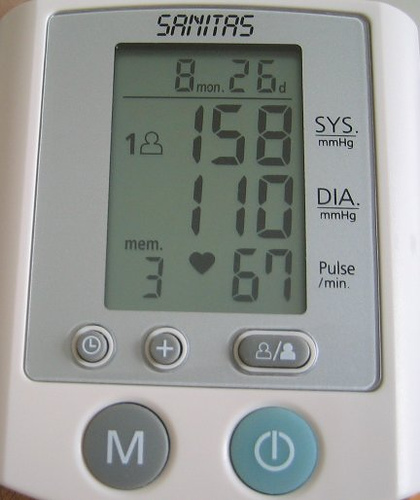
DURHAM, N.C.–(BUSINESS WIRE)–An article published recently in Psychosomatic Medicine 72:(November) 897-904) showed that the Williams LifeSkills video training program can reduce stress in individuals who care for a relative with Alzheimer’s disease. The impact of the 5-week video training was significant: depressive symptoms, perceived stress, anxiety and blood pressure were all reduced. These improvements were maintained or even enhanced six months after the video training was delivered. in this controlled study, caregivers were alternately assigned to two groups: one that participated in a video-delivered plus telephone coaching coping skills training program and another group that was wait-listed and received the training later.
“People who care for the 5 million Americans afflicted by Alzheimer’s disease are usually family members and they have been found to be at increased risk of developing both physical and mental health problems”
“People who care for the 5 million Americans afflicted by Alzheimer’s disease are usually family members and they have been found to be at increased risk of developing both physical and mental health problems”, commented Virginia Williams, President of Williams LifeSkills, the developer of the program and lead author on this paper. “These individuals are extremely stressed, and usually don’t have the time or the financial resources to attend more formally delivered coping skills programs. The advantage of the Williams LifeSkills video training is that is not only less costly, but can be viewed and studied in their home at times most convenient for the caregiver”.
Redford Williams, a co-developer of the training program and Professor of Psychiatry and Medicine at Duke University, added, “few stress reduction programs for caregivers have been shown to produce improvements in both psychological and biological stress markers. in this study, 116 caregivers were recruited over a 2-year period and were assessed before and up to six months later for both psychosocial and biological markers of stress. Compared to those in the wait list group, caregivers receiving video coping skills training not only reported lower levels of anxiety, perceived stress and depression, but were also found to have clinically meaningful reductions in blood pressure.”
Williams LifeSkills is a North Carolina based company that develops coping skills training programs to reduce physical and emotional stress in a wide variety of populations, including medical personnel, cardiac patients, teens and law enforcement officers. more information about Williams LifeSkills and its coping skills programs can be found at williamslifeskills.com
Reference: Psychosomatic Medicine 73:000–000 (2011)